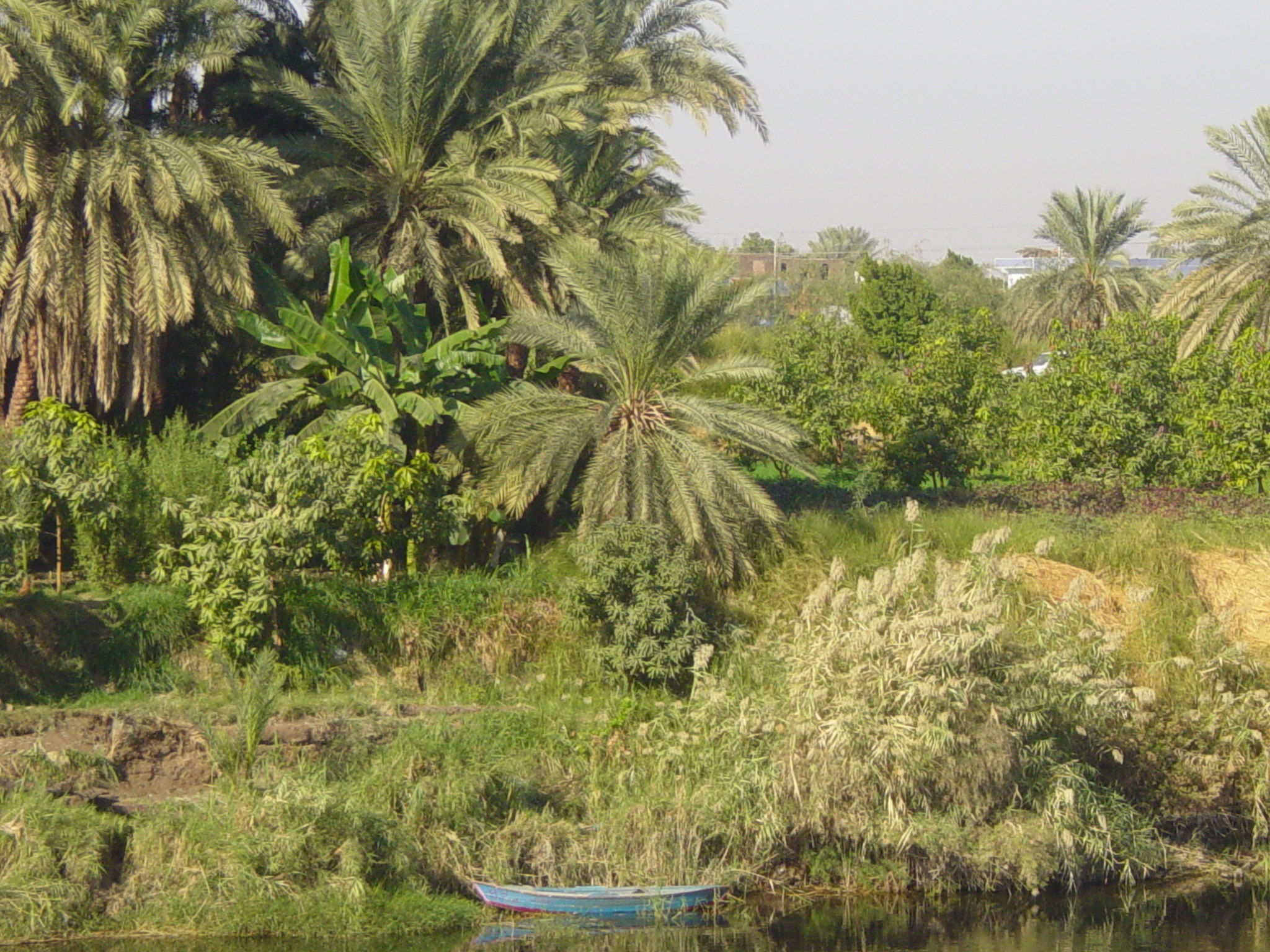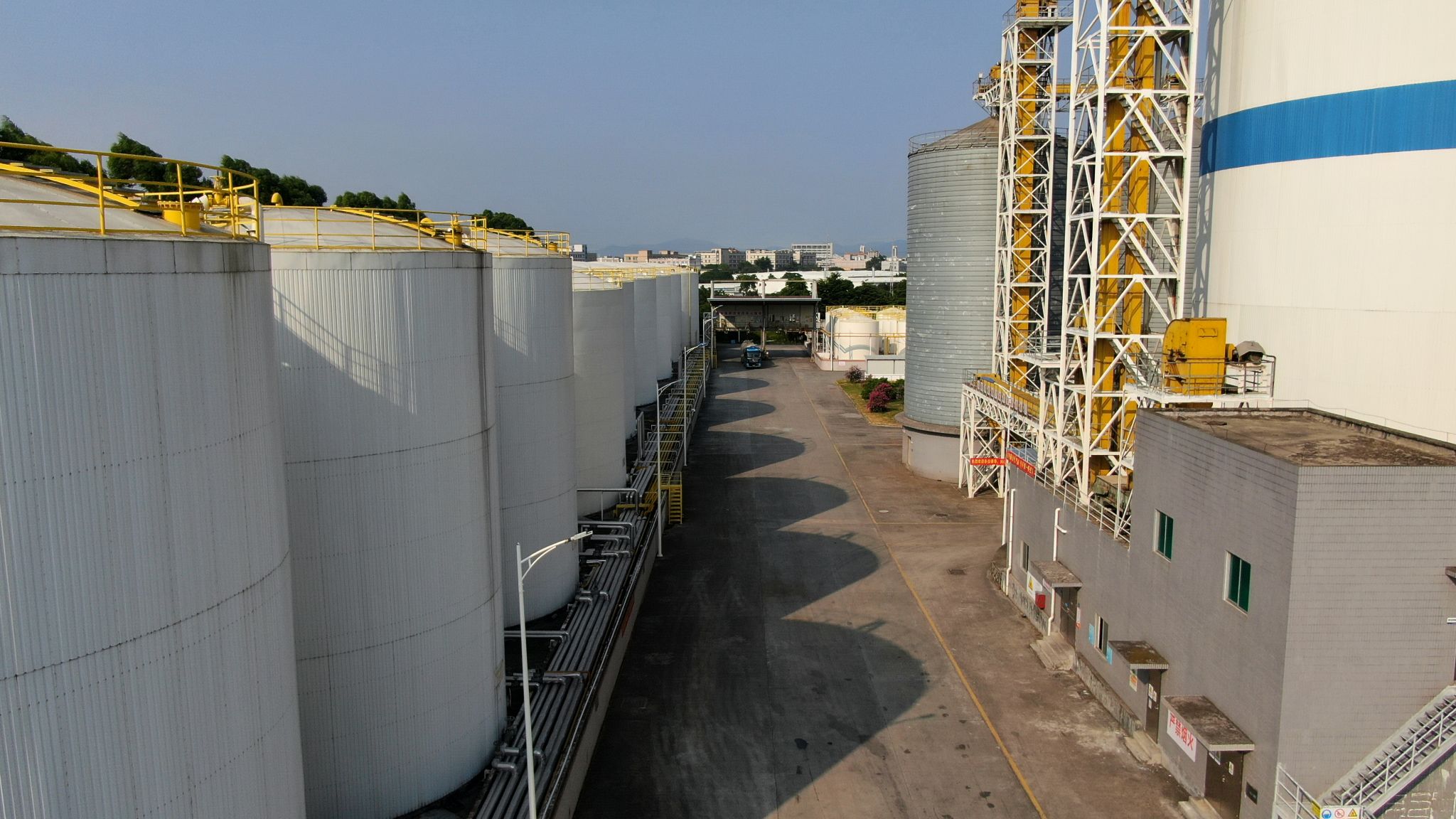Case Study: How Egyptian Automotive Urea is Meeting Global Demand
Introduction to Egyptian Automotive Urea
In recent years, the global demand for automotive urea has surged, driven by the need for greener fuel solutions and stringent emissions regulations. Egypt, with its strategic location and rich natural resources, has emerged as a significant player in the automotive urea market. This case study explores how Egyptian automotive urea is meeting this growing global demand.

What is Automotive Urea?
Automotive urea, also known as Diesel Exhaust Fluid (DEF), is a crucial component used in Selective Catalytic Reduction (SCR) technology to reduce harmful nitrogen oxides (NOx) emissions from diesel engines. As governments worldwide enforce stricter emission standards, the demand for automotive urea has become more pronounced.
Egypt's entry into this market has been facilitated by its abundant natural gas reserves, which are essential for producing urea. The country's ability to harness these resources efficiently has positioned it as a reliable supplier on the international stage.
Egypt's Production Capabilities
Egypt's production capabilities have grown significantly due to substantial investments in modernizing manufacturing facilities and adopting cutting-edge technology. The country has been able to produce high-quality automotive urea that meets international standards.

Several factors contribute to Egypt's success in this sector:
- Strategic geographic location for easy access to international markets.
- Strong government support and investment in infrastructure.
- Advanced production facilities that ensure high-quality output.
Meeting Global Demand
With its robust production capabilities, Egypt has been able to cater to the rising global demand for automotive urea. Exporting to various regions, including Europe, Asia, and Africa, Egyptian producers have established themselves as key players in the market.
This expansion is not only beneficial for the global market but also contributes significantly to Egypt's economy, creating jobs and boosting technological advancements.

Challenges and Opportunities
Despite its successes, the Egyptian automotive urea industry faces several challenges, such as fluctuating natural gas prices and the need for continuous technological upgrades. However, these challenges also present opportunities for growth and innovation.
By investing in research and development and fostering international partnerships, Egyptian producers can continue to improve their processes and expand their market share.
The Future of Egyptian Automotive Urea
Looking ahead, Egypt is poised to play an even more significant role in the global automotive urea market. With ongoing investments in infrastructure and technology, the country is well-equipped to meet future demands.
As global regulations tighten and environmental concerns grow, the demand for automotive urea will likely increase further, solidifying Egypt's position as a vital supplier in this essential industry.

Conclusion
Egypt's journey into the automotive urea market is a testament to its strategic vision and resourceful utilization of available assets. By addressing challenges head-on and capitalizing on opportunities, Egypt is not only meeting global demand but setting new standards in the process. This case study underscores the importance of innovation and strategic positioning in maintaining a competitive edge in a rapidly evolving market.
